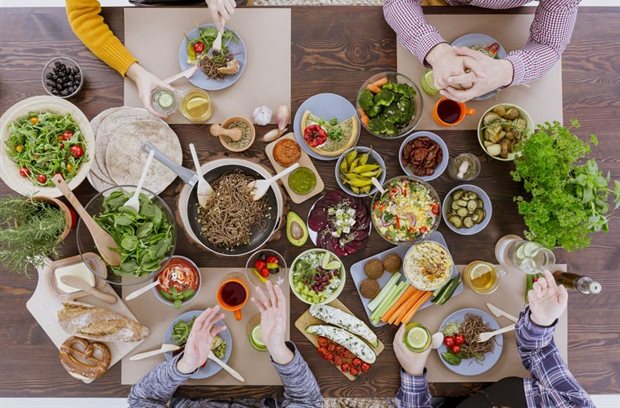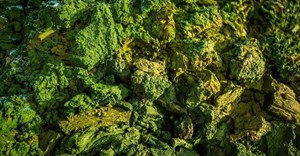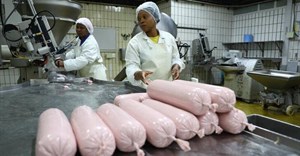#WorldFoodDay: The move to veganism in South Africa

Dr Lize Barclay, lecturer in Future Studies and Systems Thinking at the University of Stellenbosch Business School (USB) says the rise in veganism is very much related to the rise in environmental concerns, especially amongst millennials.
“The Economist declared 2019 the Year of the Vegan and South Africans represented the 5th highest enrollment in the Veganuary challenge where people commit to the vegan lifestyle for January. That entails no consumption of animal products, such as meat, dairy, eggs, honey or milk. Ethical vegans do not support any use of animal products, such as leather, wool or beeswax.
Media forms are used to facilitate growth in veganism with exposés of the condition of animals involved, as well as documentaries such as Cowspiracy, often having immediate conversion rates.”
Impact of livestock production
The United Nations Food and Agriculture Organisation estimates that livestock production contributes 14.5% to global greenhouses gas emissions. Furthermore, water scarcity is becoming a major concern and it takes around 15,500 litres of water to produce 1 kg of beef. Animal agriculture also uses a third of arable land and is one of the leading causes of water pollution and rainforest fires for land clearance.
“South Africa is a country with an agricultural economy very heavily dependent on the production of animal-based products, with numerous industries related thereto. With an increase in veganism the global demand for animal-based products will decrease,” says Dr Barclay.
“It is not only direct animal products that will be impacted on, but also many other consumables, such as sweets and wine, which use some kind of animal product in their manufacture. The wine industry already took note and are producing vegan wine ranges.”
Relationship with animal products
She says a unique challenge in South Africa in converting to veganism is the deep relationship people have with animal products.
“This ranges from the slaughtering of sacrificial animals for religious and cultural festivals to the “braai culture” that remains the mainstay of many social events. Navigating the ethics of animal rights and the environment on the one hand and the right to religions and cultural expression, on the other hand, will be very complicated.
"This will potentially lead to debate and possibly unresolved conflicts, as we have seen with Cape Town’s Clifton Beach Sheep Slaughter Incident on December 2018. However, there are influencers who state that veganism is a return to true African traditional roots.”
Room for innovation
Dr Barclay says the implication of a notable move towards a vegan lifestyle is a great opportunity for new restaurants, cookbooks and the development of alternatives to meat.
“Most supermarkets have taken note of the trends and have introduced various plant-based and vegan alternatives. New faux meat companies, such as Beyond Meat and Impossible Foods have gained support from investors and consumers, even though these products are not entirely considered to be vegan.”
“Most ridicule and questions vegans have to endure are often based in ignorance and thus don’t be sheepish: go try a vegan dish on Meat-Free Mondays, a vegan restaurant or enroll in Veganuary. It might just change your world, literally.”



















